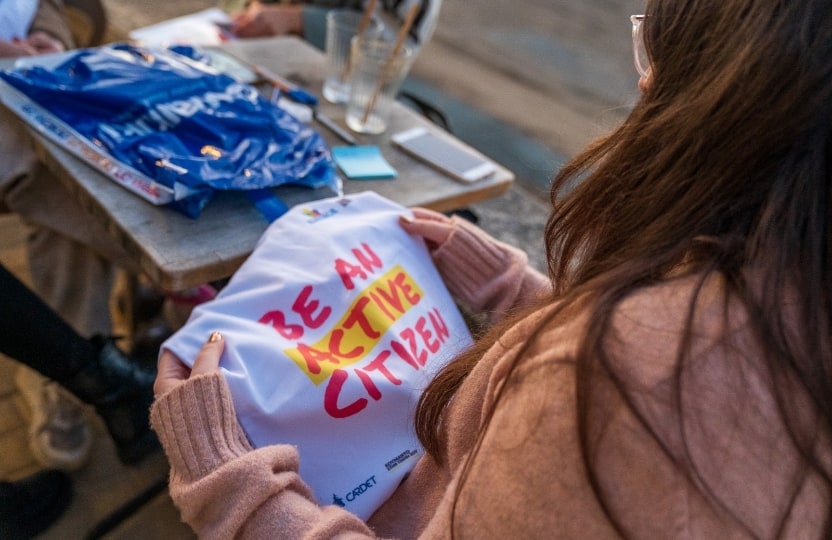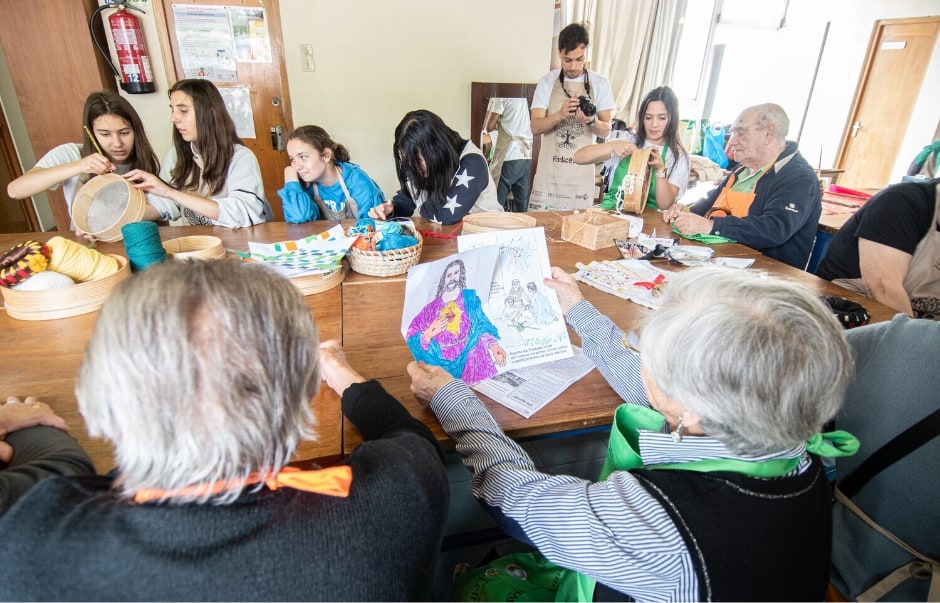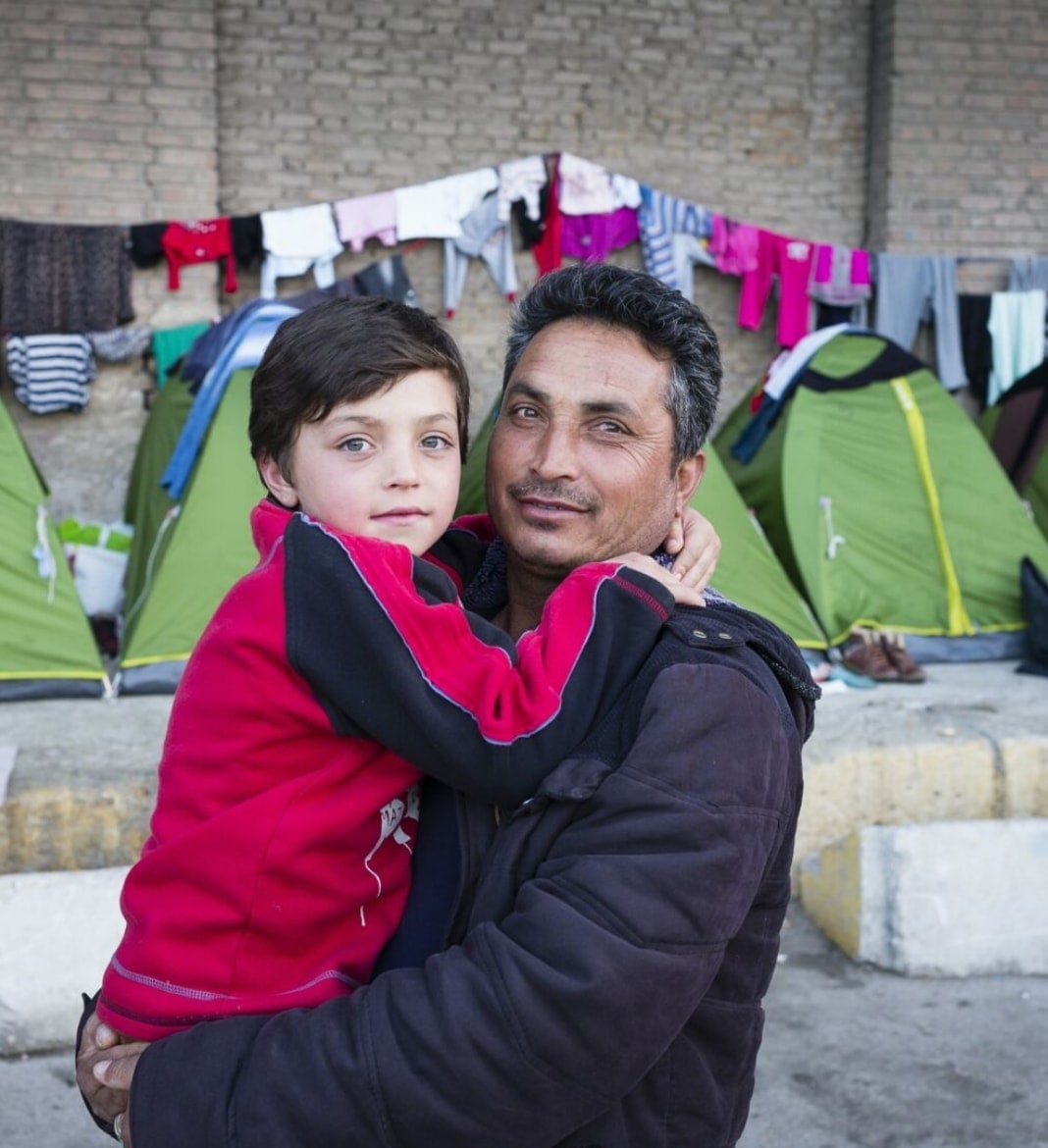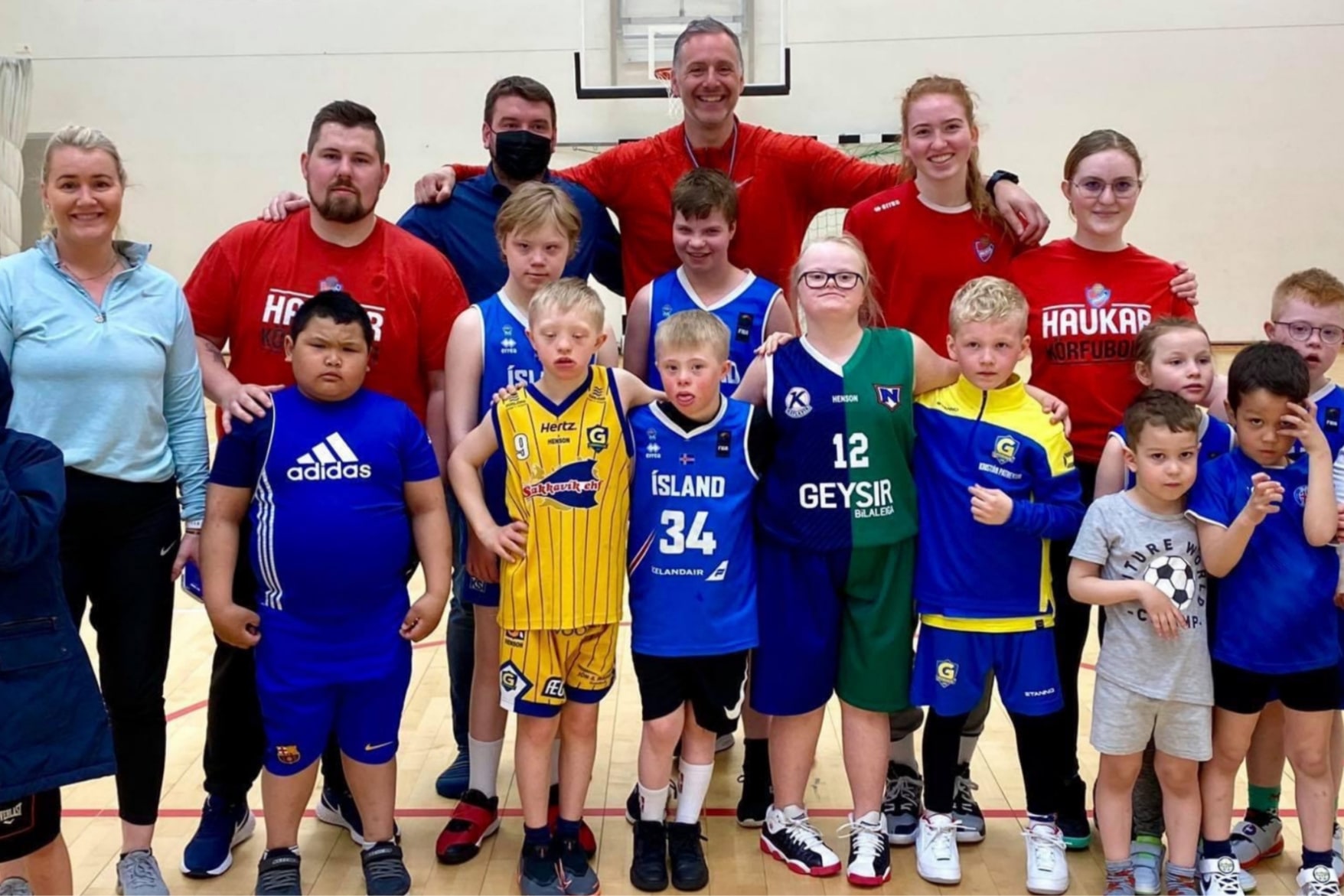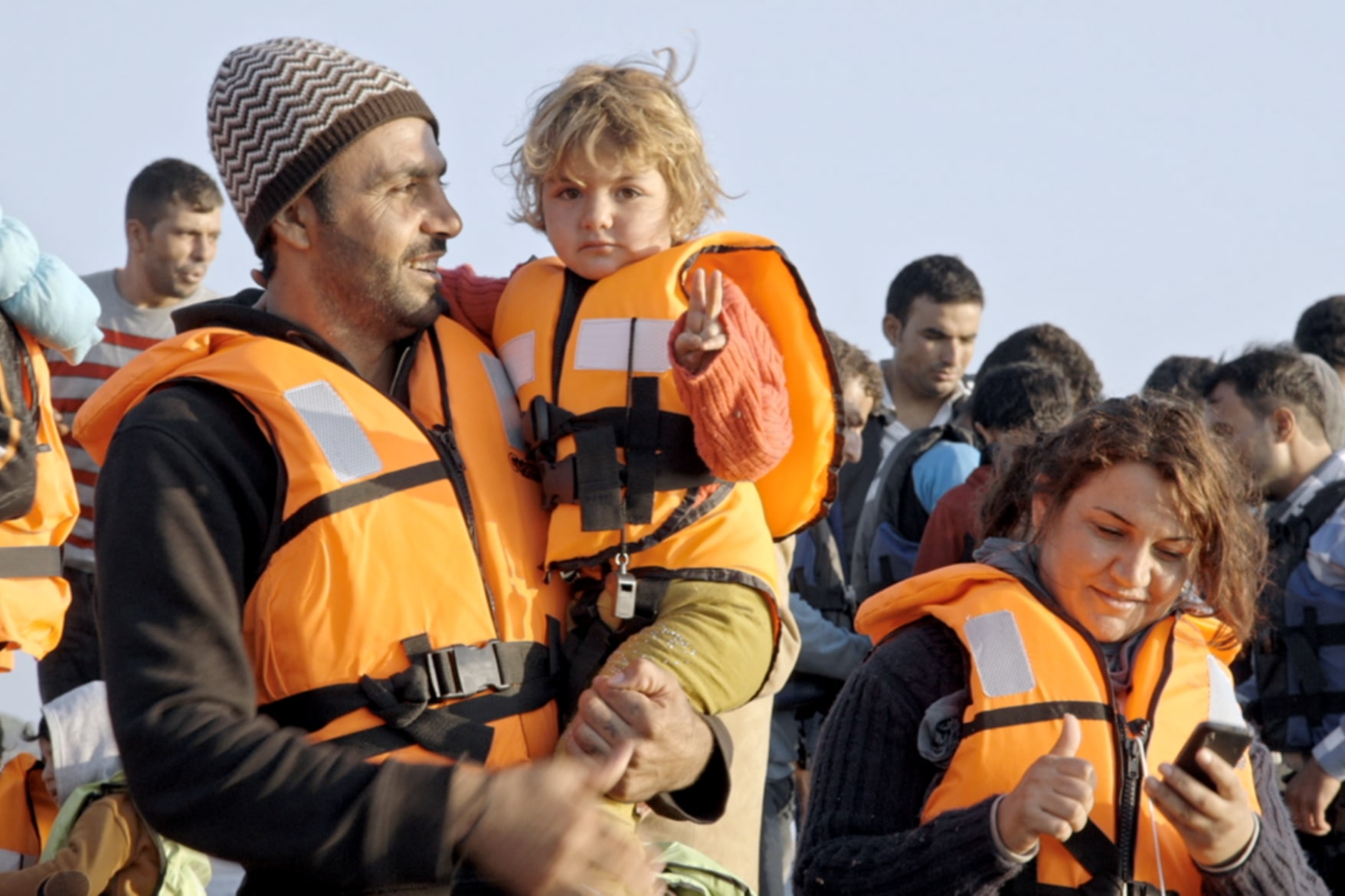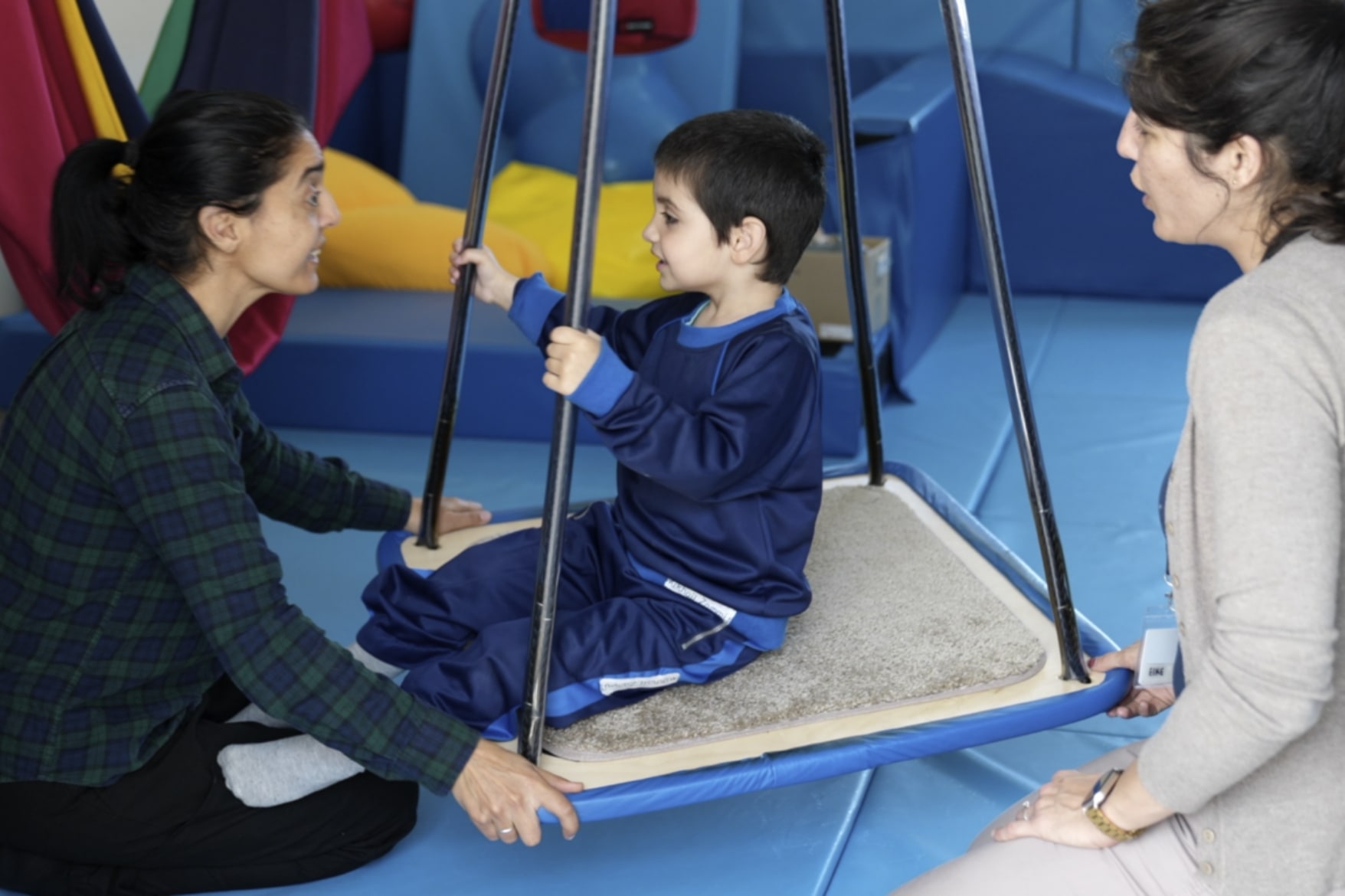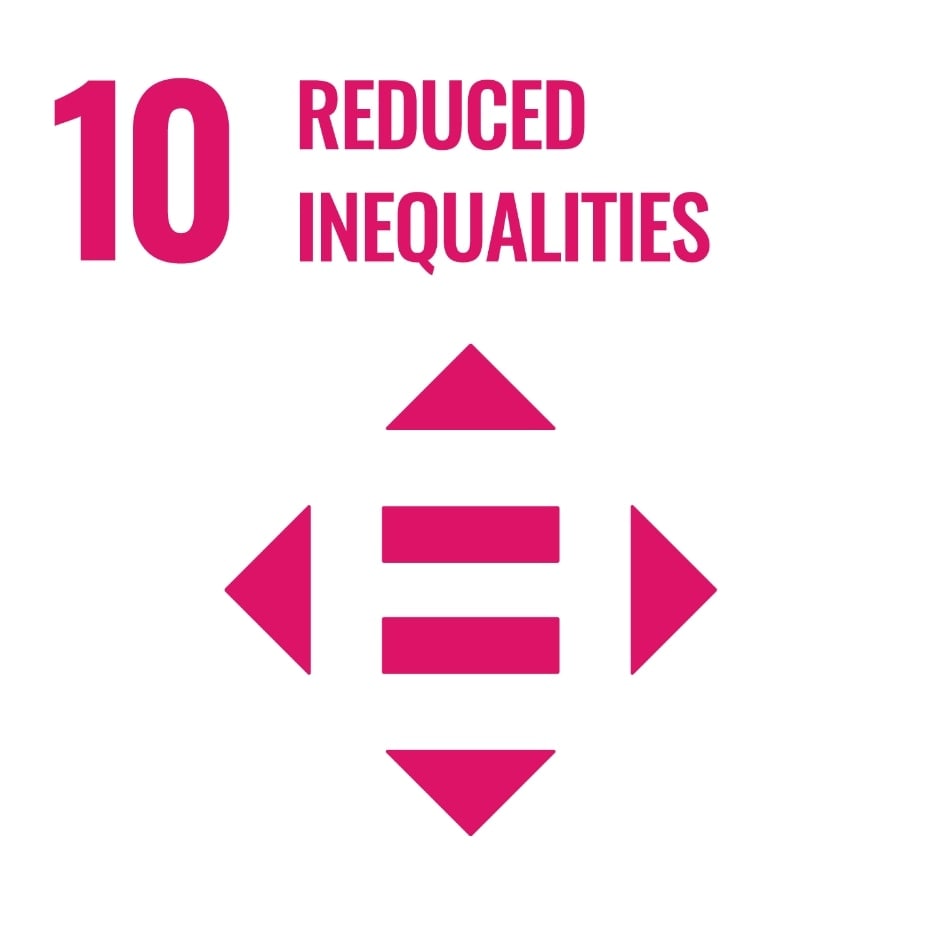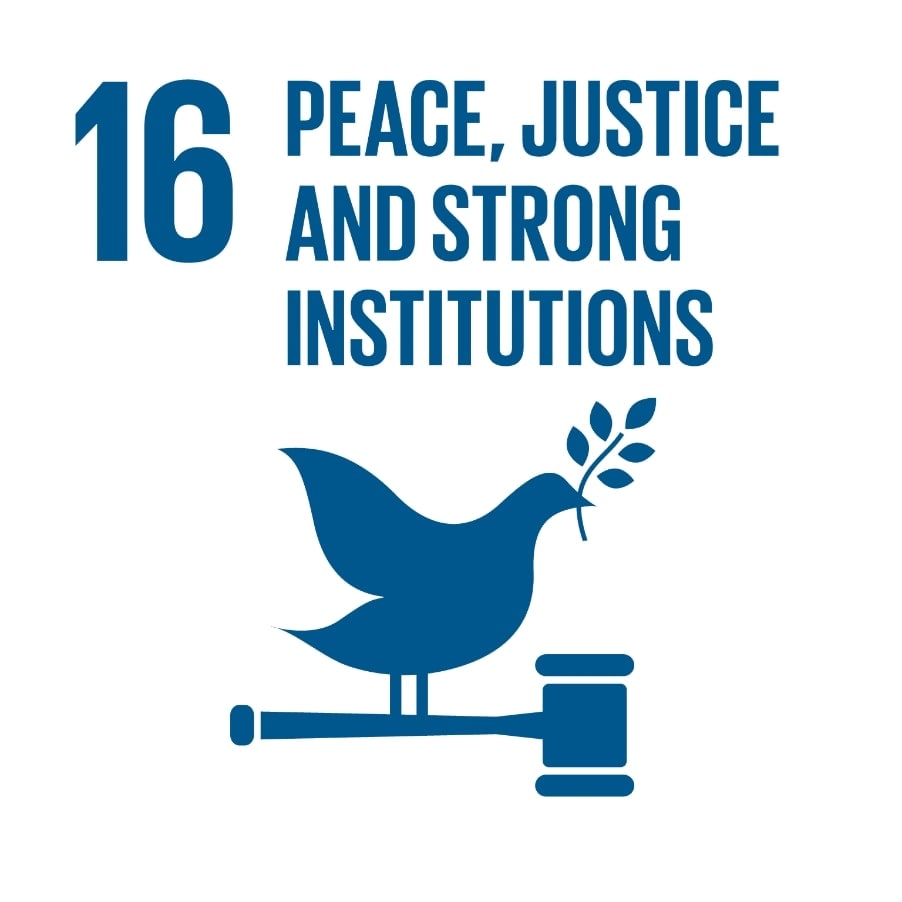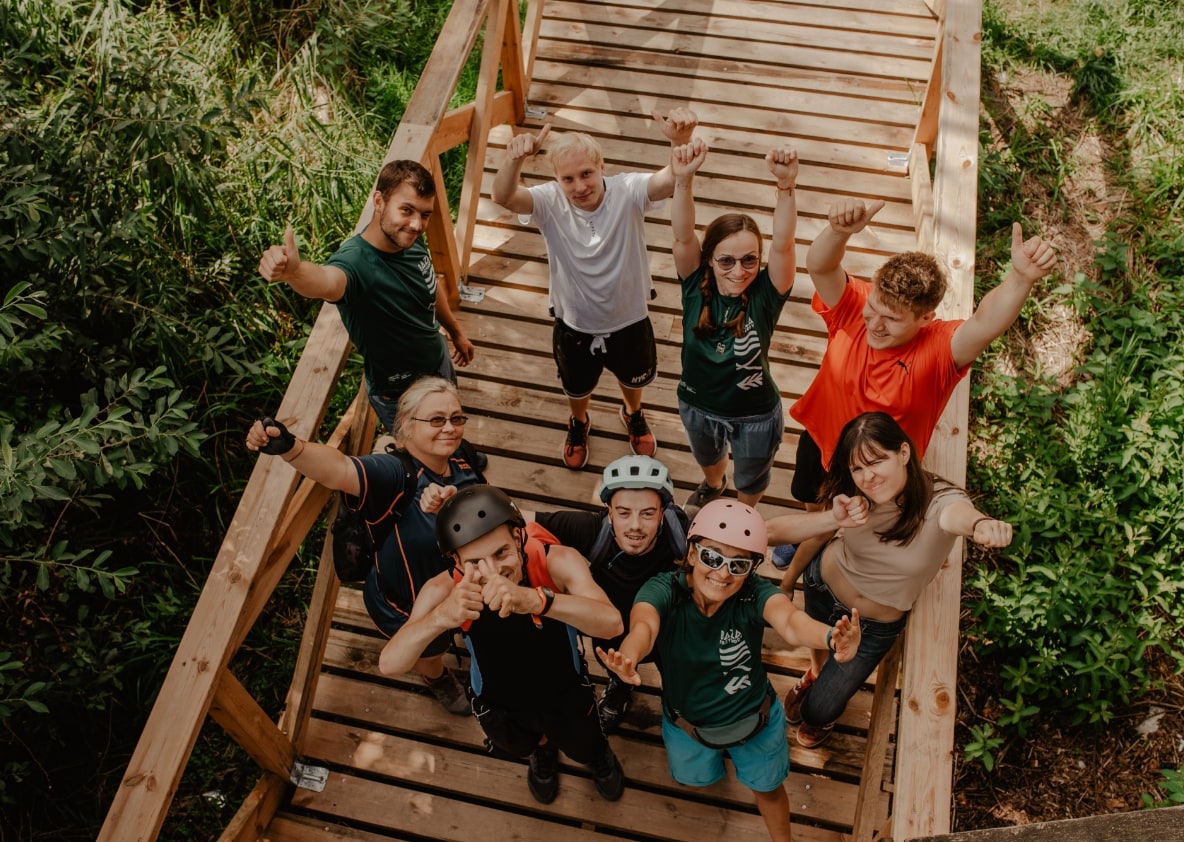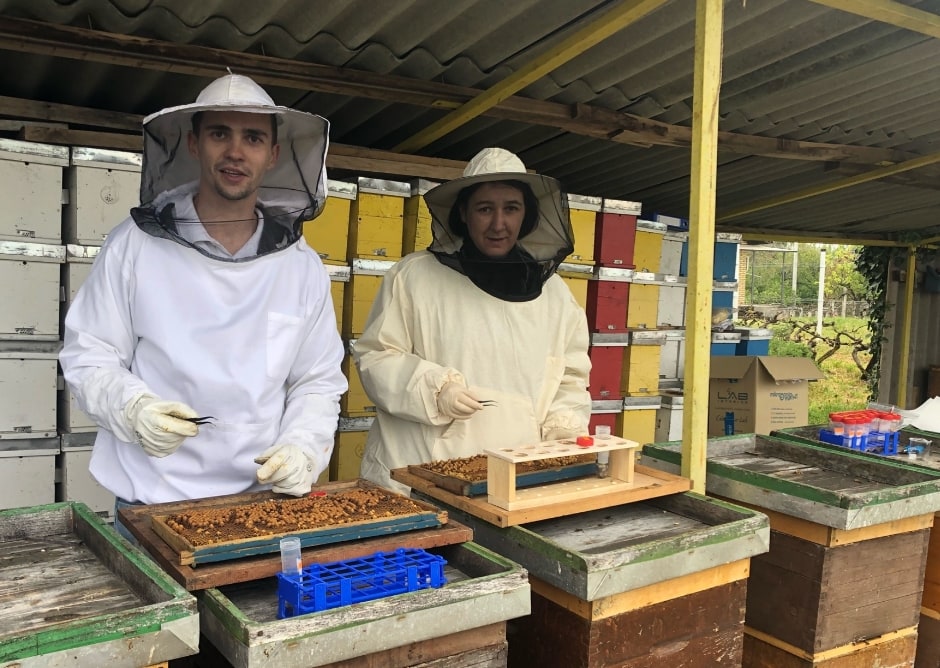The challenge
In 2023, Europe continued to be confronted by significant challenges that highlighted the ongoing importance to foster a more inclusive and equal society. The year was characterised by democratic backsliding, emphasising the urgency to protect fundamental principles and values. The growing issue of disinformation posed a serious threat to democratic values, increasing the challenges of democratic backsliding and affecting the ability of citizens to make informed decisions. These developments served as a stark reminder of the vulnerability of democratic institutions and the importance of vigilance in safeguarding democratic norms.
Furthermore, the year witnessed persisting inequalities and vulnerabilities across Europe. Marginalised groups, including women and girls, people of Roma origin, the LGBTIQ+ community, and individuals with disabilities, continued to face heightened risks of exclusion and discrimination. Addressing these disparities remained a pivotal aspect of the Grants’ ongoing mission to build a more just and resilient Europe.
Amid these challenges, the anti-rights agenda of nationalist, far-right regimes posed a significant threat to marginalised groups and the promotion of human rights, especially the rights of racial and gender minorities.
In 2023, Europe also grappled with new challenges, such as energy poverty, only made worse by an increase in energy prices and inflation. These economic pressures added complexity to the pursuit of inclusivity, particularly for vulnerable communities already facing socio-economic disparities.
Additionally, the region faced the ongoing impact of refugee flows, further straining resources and infrastructure. The need to provide support and integration opportunities for refugees remained a pressing concern.
It is clear that the mission of creating a more inclusive Europe continues to be of paramount importance. The work of the EEA and Norway Grants in promoting inclusion and equality within the region takes on even greater significance, championing a Europe where every individual, irrespective of their background or circumstances, has the opportunity to thrive and contribute to a brighter future.
The Grants’ approach
Through the EEA and Norway Grants, Iceland, Liechtenstein and Norway are committed to contributing to a more inclusive Europe.
The funding supports the Beneficiary States in facing up to society’s most challenging issues. With the EEA and Norway Grants, the Beneficiary States are building inclusive public institutions and strengthening civil society organisations, fostering dignified living conditions, and promoting climate action, fighting discrimination and advocating for decent jobs and an active civic space. These are just a few examples of activities enabled by Iceland, Liechtenstein and Norway’s contributions.
The EEA and Norway Grants are based on the shared European values of respect for human dignity, freedom, democracy, equality, the rule of law and respect for human rights. Making sure that younger generations are better equipped for the future, that vulnerable groups are empowered, and that institutions are just and transparent, are fundamental drivers of the Grants’ programmes.

